DEC 2022. Blues Vol 38 No. 12
- Text
- Tina jaeckle
- Jessica jones
- Rex evans editor
- Michael barron publisher
- Iacp officer of the year
- Officer thadue holloway
- Christmas gift guide
- Police news
- Bluespolicemagazine
- Largest police magazine
- Holloway
We’ve all heard the
We’ve all heard the saying, “What happens in Vegas stays in Vegas” … and the same goes for check-ins. Nothing that is said during a checkin or subsequent therapy session is reported back to the employer. No diagnosis is made, and because the practice bills the agency directly (and “in bulk”) there is no record of the check-in or therapy sessions on the employee’s medical or insurance history. With mandatory check-ins, your agency will see your name on an invoice to indicate that you attended. That’s it. If you opt for further therapy sessions (which are included in the program contract), your employer will eventually know that somebody in the department received treatment, but they won’t know who or what issues were addressed. The sole exceptions to this confidentiality rule are situations where the person attending the session is likely to cause immediate harm to themselves or others, or if the person discloses abuse of a child or vulnerable adult. Those notifications are mandated by law and ethical codes and are made to the appropriate law enforcement entity – not necessarily the employer. WHO NEEDS A CHECK-IN? Some might assume that only sworn law enforcement officers need to get check-ins, but we advocate for a different approach. Non-sworn employees of law enforcement agencies share in the stress and trauma their sworn colleagues’ experience. Dispatchers, crime scene technicians and even administrative workers also feel the impact. Because of this, we recommend that all employees – from the chief on down – commit to annual check-ins. However, it is common that only sworn personnel are required to do a check in while it is a voluntary benefit for other LE staff. FEELING THE BENEFITS: THE BURNSVILLE POLICE DEPARTMENT Sergeant Dave Zerwas of the Burnsville (Minn.) Police Department knows firsthand how helpful the check-in/therapy program has been at his agency. “We started our program four or five years ago with Marie Ridgeway’s practice,” he says. “I’ve used her myself, and it’s benefited me personally. I know the program is being utilized because I pay the bills when they come.” According to Zerwas, the BPD wanted to be more proactive regarding mental wellness. “We’re investing in the front end to prevent either losing people or having them spiral and have some type of incident on the job, which is a very real danger,” he says. “If somebody’s not hitting on all cylinders, they’re more likely to have a use-of-force complaint, make a bad decision on the street, or have an accident because maybe they’re not sleeping or focused.” Sgt. Zerwas says keeping his employees in the best physical and mental shape helps prevent losing them to medical retirement or termination. It also reduces the risk of officers creating problems for both the agency and themselves. “Several of my closest friends have, over the last several years, been involved in officer-involved shootings,” Sgt. Zerwas says. “These are all great cops, all of whom I admire. When they had their shootings, they openly admitted to me they were struggling. When you don’t get help after something so traumatic, you suffer and your family suffers. But by dealing with those strong emotions, they were able to get their lives and families back in order and feel whole again.” FEELING THE BENEFITS: CROW WING COUNTY SHERIFF’S OFFICE Meliene Fontaine-Laska is the human resources director for the Crow Wing County Sheriff’s Office, headquartered in Brainerd, Minn. Before adding the check-ins and therapy sessions as an official program, the agency already had a peer support structure in place. Still, the leadership believed more could and should be done. “When we first developed our program here, we took a long, hard look at why we felt we needed this,” Fontaine-Laska says. “We had a few leaders on our team who had incredible passion for officer wellness. Part of the reason is that they themselves had some baggage that they’d been carrying around for 25 to 30 years – images they couldn’t get out of their minds. So, we contacted Marie and said, ‘How do we do this?’” The main focus, according to Fontaine-Laska, was on the quality of life for all employees: “Who do you really have to talk with to filter those things out of your work life and still have an enjoyable home life?” Fontaine-Laska likened on-thejob trauma to a cup that each person carries around, which eventually fills up to the point of overflowing. “And if you can’t empty that cup,” she says, “it becomes too overwhelming and you’re just numb to what’s going on out there. And then something else happens and you become very ineffective as an officer.” With check-ins and follow-up therapy sessions, she adds, the trauma is still there. It’s just more manageable. “Every day in county government, we put people in harm’s way,” Fontaine-Laska says. “This program is our way of making sure our officers deal with the ongoing, day-to-day trauma that builds up over time, so at the end of the day or the end of the week they can go home and have a satisfying life.” SUMMING IT UP In many ways, we as a nation have normalized indifference to mental health. Fortunately, this is changing. While the old “ignore it and it will go away” attitudes still Amid stressful year, St. Paul Police mandates annual officer check-ins with therapist persist in some places, many public safety departments are recognizing the importance of proactive mental wellness to keep their employees healthy and happy (and on the job). For public safety, a specialized approach with specialized clinicians who are culturally competent is key. We’ve found that an “all of the above” approach is best. Employee assistance programs can be great. Peer support structures can be invaluable. Innovative technologies can deliver anonymous help 24/7. And mental wellness check-ins are the perfect tool to provide mental health maintenance and encourage public safety employees to seek therapy when they need it. ABOUT THE AUTHOR Marie Ridgeway MSW, LICSW, RYT is a Master’s-level mental health clinician with a specialty in treating stress injuries (PTS) and the secondary challenges that commonly occur (anxiety, depression, panic attacks, substance abuse, relationship challenges). Marie has advanced training in Accelerated Resolution Therapy (ART). She and her staff of occupationally competent clinicians currently work with over 40 public safety agencies in Minnesota. Marie has worked in the field for over 16 years. She completed her master’s degree in 2010 and has been providing clinical supervision for the Minnesota Board of Social Work since 2018. She was a training specialist for the Minnesota Chiefs of Police Association, at numerous annual first responder conferences, and has worked individually with thousands of law enforcement officers across the state since 2017. Marie brings knowledge and skills from her diverse work experience that includes child protection and psychiatric crisis team response. Marie is honored to be providing specialized occupationally competent care, wellness programming, POST training, and Crisis Negotiation Team clinical consultation to those in public safety who serve our communities. To learn more, please visit www.marieridgeway.com or email information@marieridgeway.com. Help us reach our goal of 100,000 subscribers. Click BELOW for your FREE SUBSCRIPTION. 48 The BLUES The BLUES 49
- Page 1 and 2: The BLUES 1
- Page 4: FOUNDED IN 1984 OUR TEAM MICHAEL BA
- Page 8: FROM THE GUEST EDITOR’S DESK Noti
- Page 12: READERS SPEAK OUT Throwing Down-Bal
- Page 16: AROUND THE COUNTRY CABO ROJO, PUERT
- Page 20: AROUND THE COUNTRY PUNTA GORDA, FL.
- Page 24: AROUND THE COUNTRY LAS ANGELES, CA
- Page 28: BACK THE BLUE AWARD FLORIDA HIGHWAY
- Page 32: AROUND THE COUNTRY TAMPA BAY, FL. N
- Page 36: AROUND THE COUNTRY WASHINGTON, DC.
- Page 40: AROUND THE COUNTRY HAMILTON CNTY, T
- Page 44: concealed weapon on him while handc
- Page 50: AROUND THE COUNTRY Grief & The Holi
- Page 54: Spanish Police Take Delivery of 169
- Page 58: True Warrior: Officer Thadeu Hollow
- Page 62: In a Split Second “When he turned
- Page 66: Holloway showed “remarkable” ca
- Page 70: Holiday Gift Ideas for Your Law Enf
- Page 74: Tactical Vest Koozie This is a funn
- Page 78: Kickass Rides for Adults ZFORCE 950
- Page 82: RIDE-ON CAR MASERATI FOR KIDS This
- Page 86: HONORING OUR FALLEN HEROES LIEUTENA
- Page 90: HONORING OUR FALLEN HEROES DEPUTY S
- Page 94: BY LT. BOB EVANS The Christmas That
- Page 98:
A Cop, Flight Nurse and Two Endings
- Page 102:
THE OPEN ROAD by Michael Barron Bes
- Page 106:
11. HONDA PIONEER 1000- 5This five-
- Page 110:
A BADGE OF HONOR healing our heroes
- Page 114:
NOT SO BRIGHT AWARD lig ht bul b aw
- Page 118:
DR. TINA JAECKLE blue mental health
- Page 122:
SUPPORT THE OFFICER DOWN MEMORIAL P
- Page 126:
ADS BACK IN THE DAY 126 The BLUES T
- Page 130:
Your Source for Law Enforcement Pro
- Page 134:
CAP Fleet is an emergency vehicle u
- Page 138:
DANA SAFETY SUPPLY Dana Safety Supp
- Page 142:
Key Management & Key Control Produc
- Page 146:
Supporting Law Enforcement in TEXAS
- Page 150:
NOW HIRING LE job posit ions Tx. Co
- Page 154:
154 The BLUES The BLUES 155
- Page 158:
austin officers austin dispatch 158
- Page 162:
BECOME A BAYTOWN PATROL OFFICER! ST
- Page 166:
Cuero Police Department Now Hiring
- Page 170:
Forney ISD Police Department NOW HI
- Page 174:
174 The BLUES The BLUES 175
- Page 178:
WE ARE HIRING! BENEFITS • Free ba
- Page 182:
Welcome Mesquite PD 182 The BLUES T
- Page 186:
Memorial Villages Police Department
- Page 190:
MAKE A DIFFERENCE IN YOUR COMMUNITY
- Page 194:
PORT HOUSTON POLICE DEPARTMENT WE A
- Page 198:
City of Wylie Police Department OFF
- Page 202:
202 The BLUES
Inappropriate
Loading...
Mail this publication
Loading...
Embed
Loading...

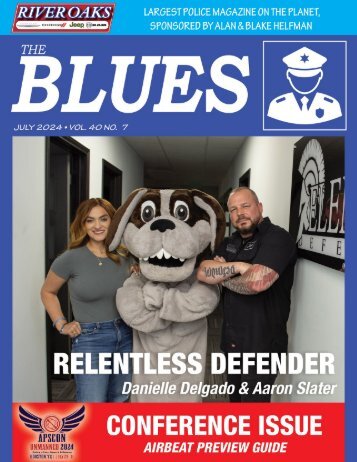
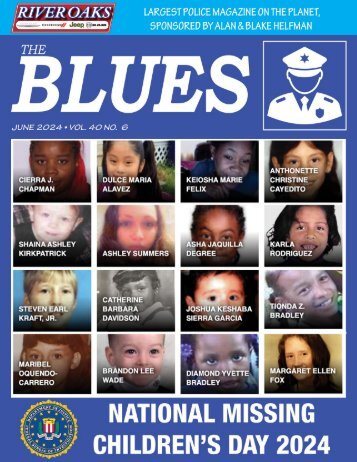
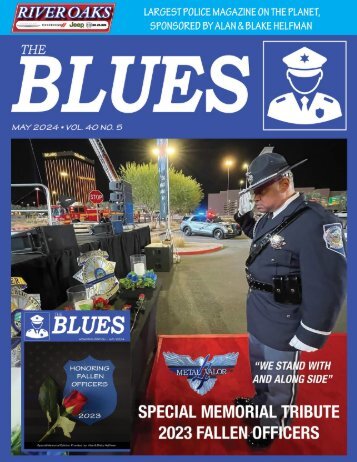
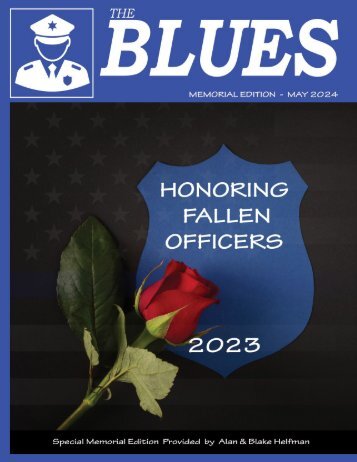
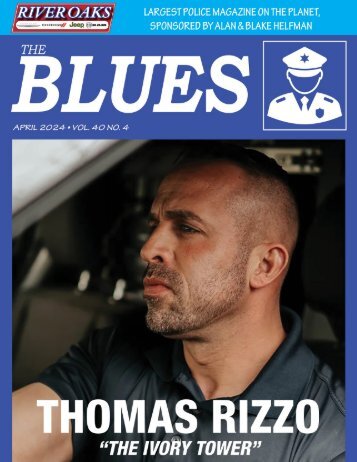
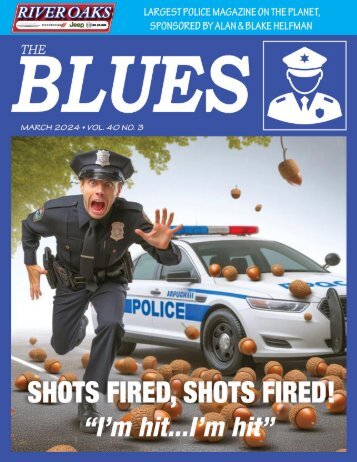

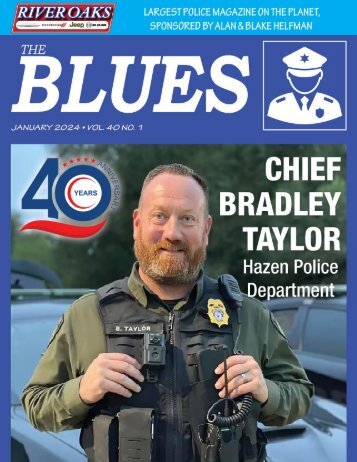
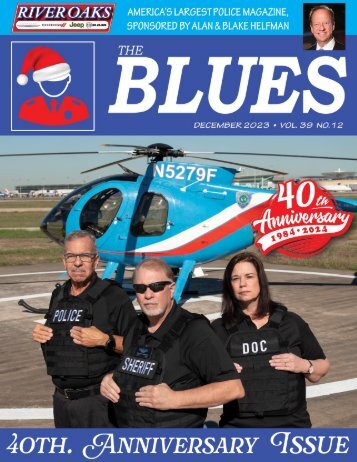
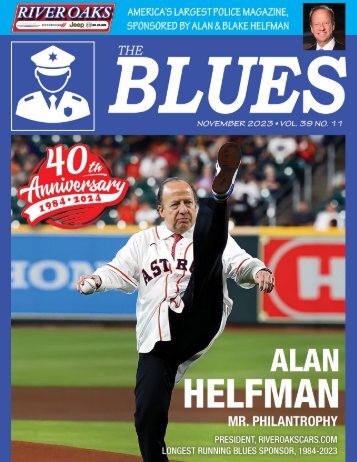
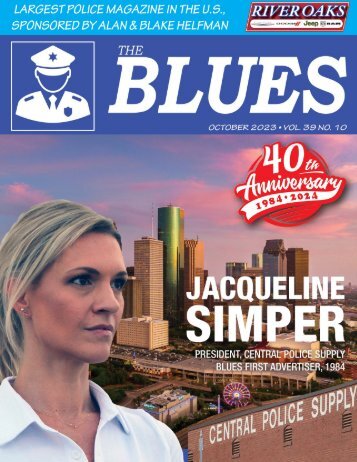
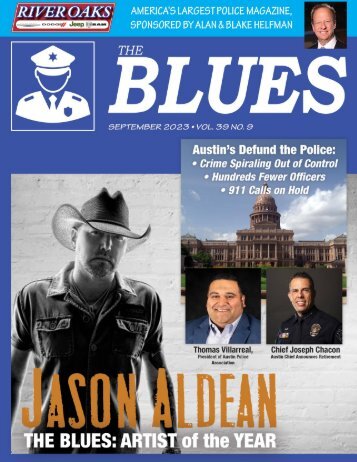
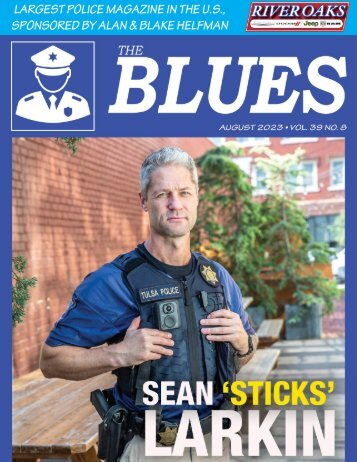


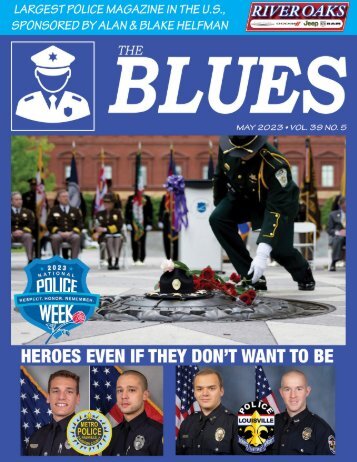
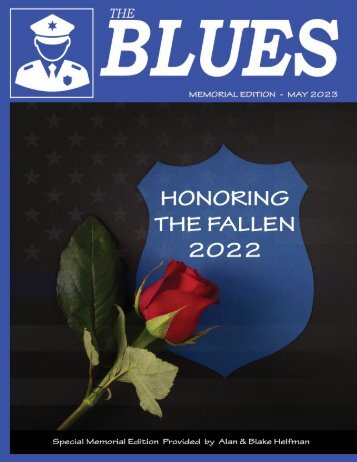
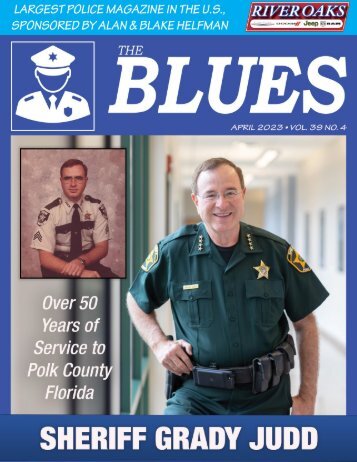
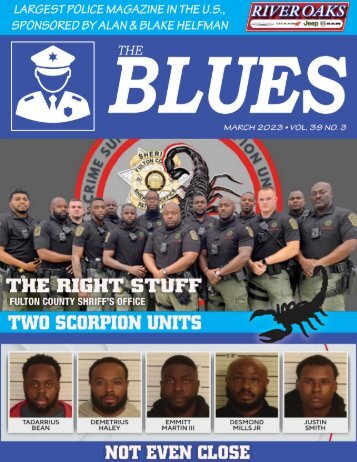

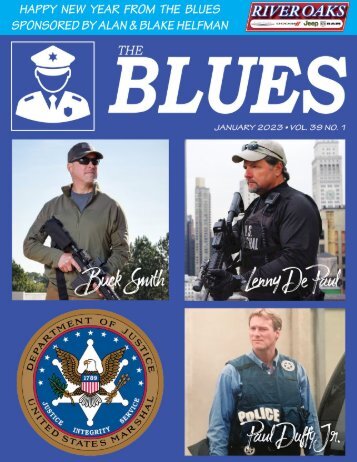



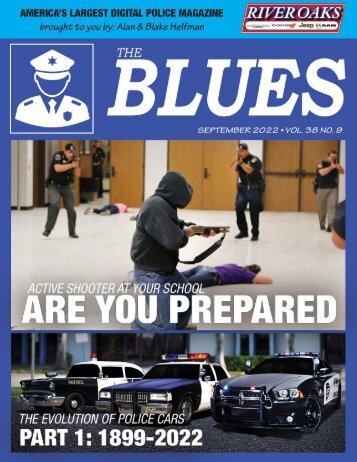
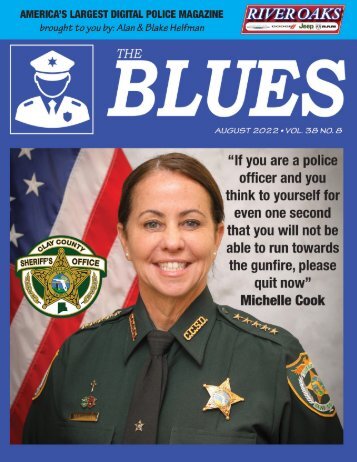

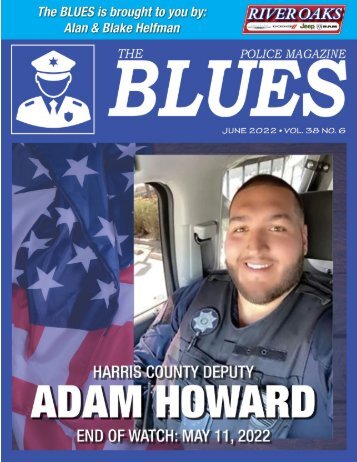
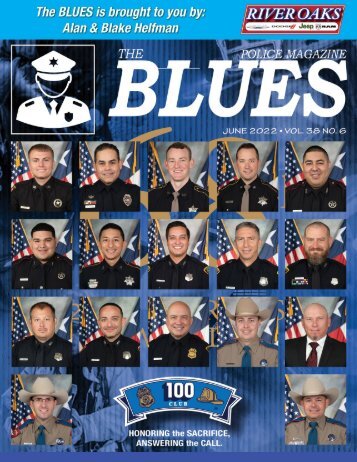
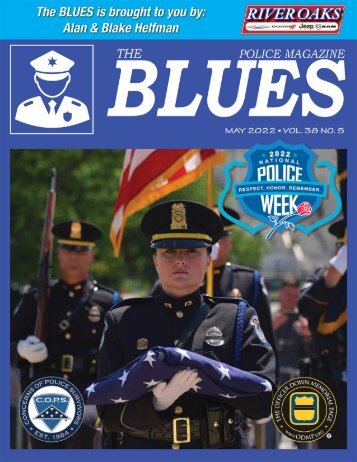
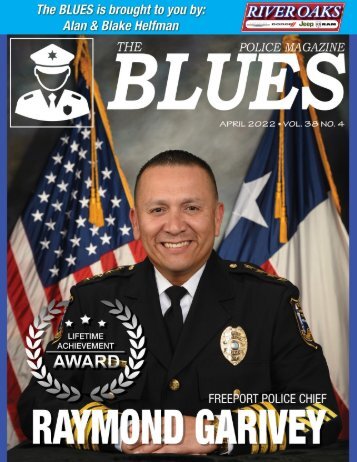
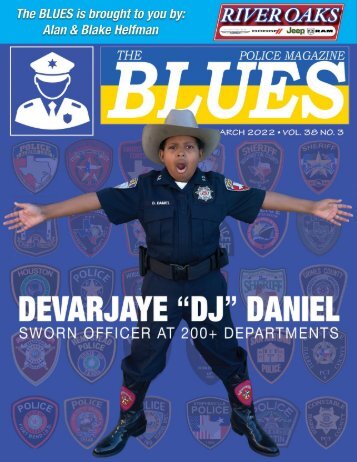
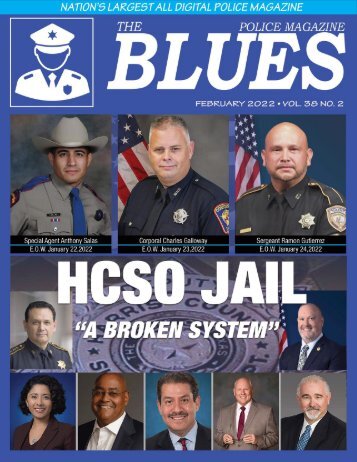
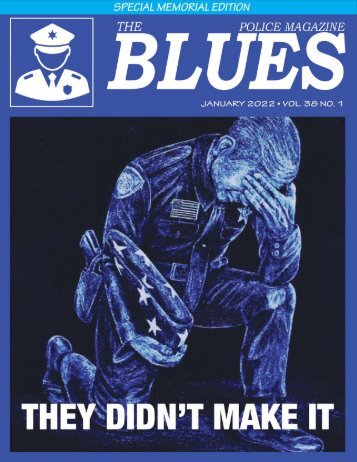
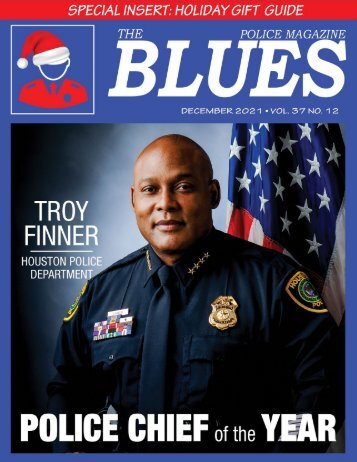

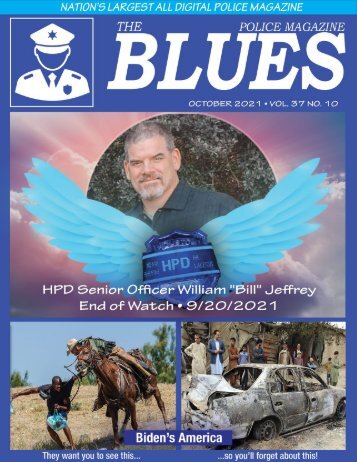
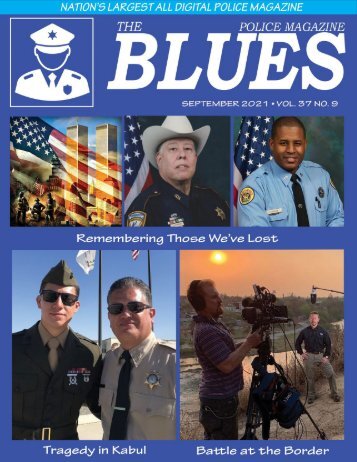
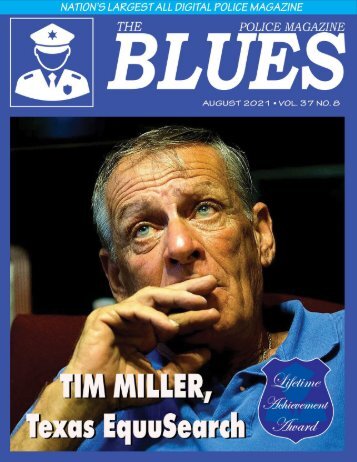
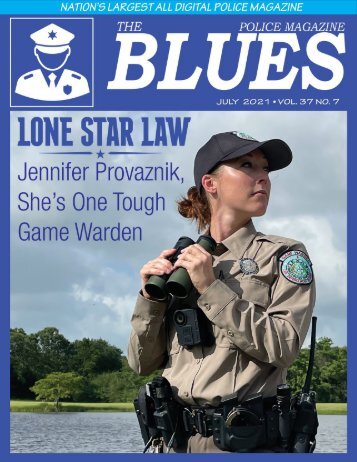



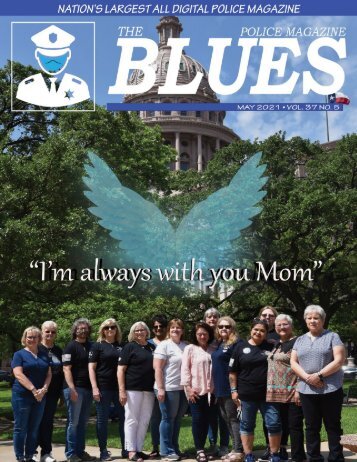
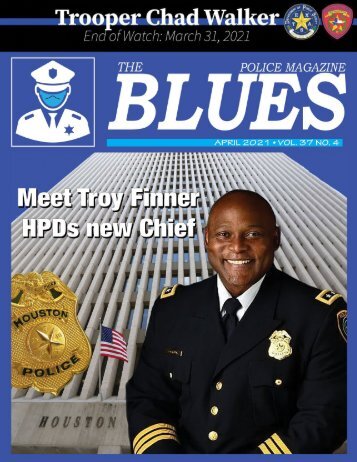
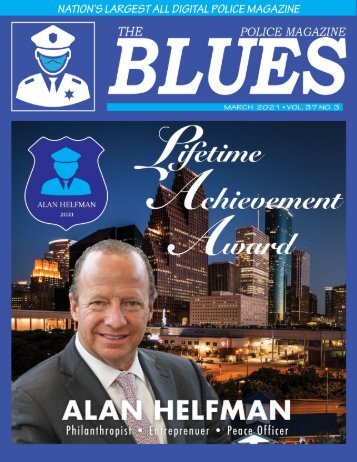
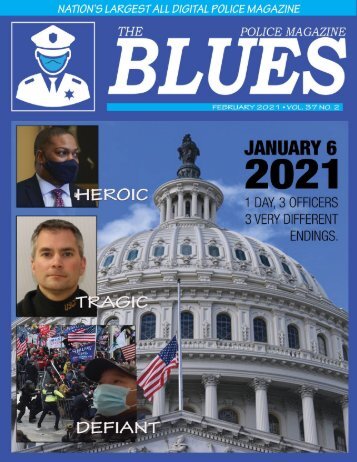


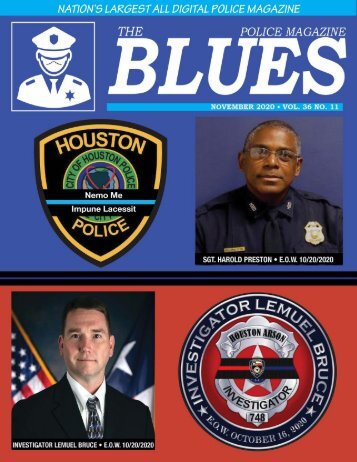
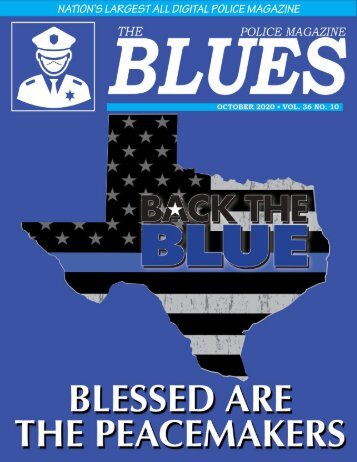
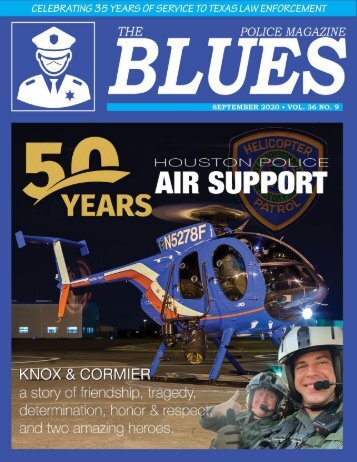
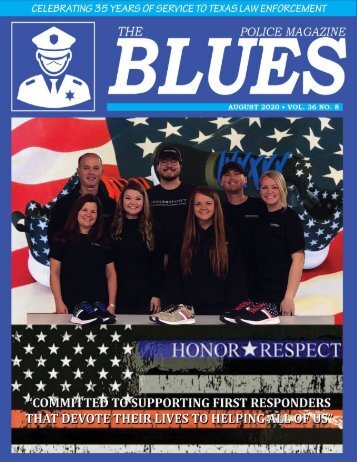

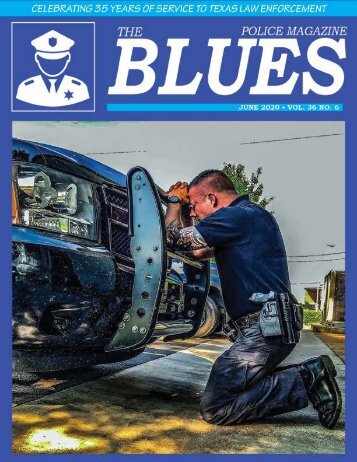
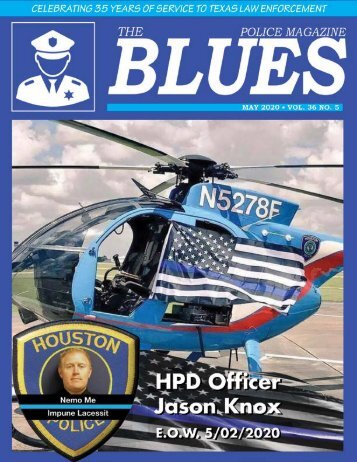
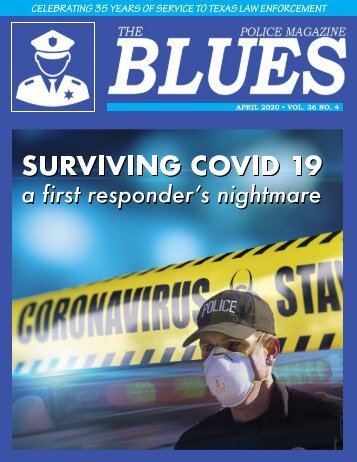
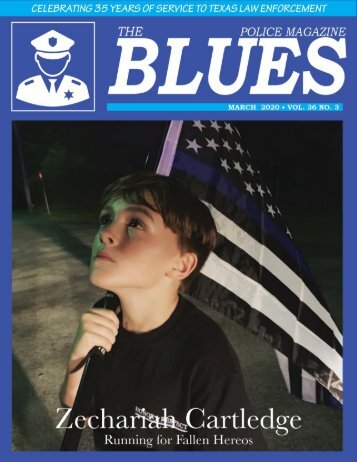
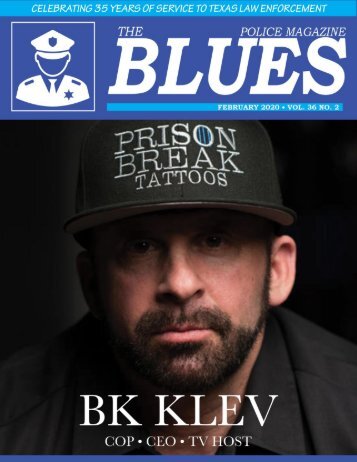
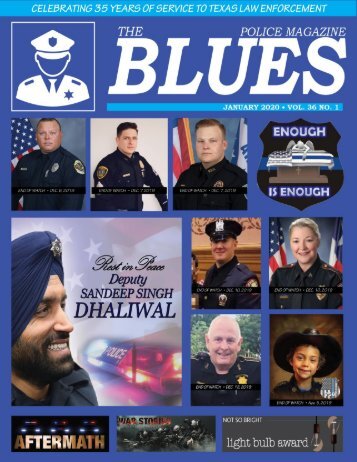
Follow Us
Facebook